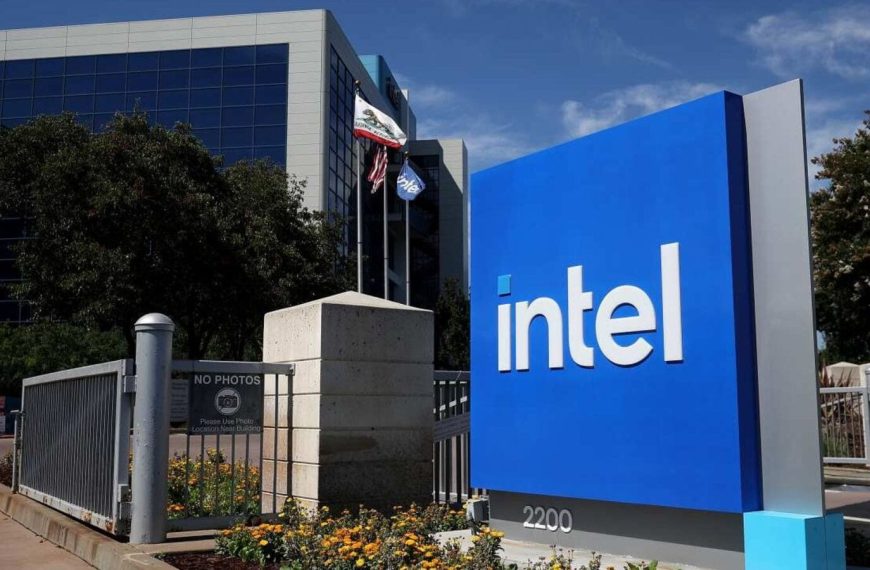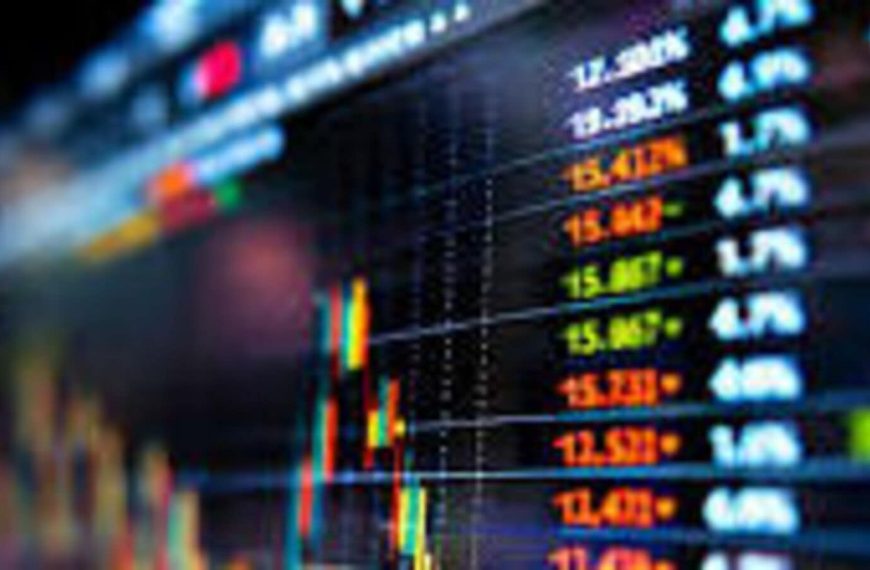On Wall Street, Friday was marked by significant fluctuations as US stocks experienced a remarkable surge, showcasing the persistent volatility amid ongoing trade tensions with China. The S&P 500 climbed by 1.8%, concluding a week filled with extraordinary market shifts. Investors witnessed dramatic swings, with the Dow Jones Industrial Average bouncing from an early dip of nearly 340 points to a robust gain of 619 points, reflecting a 1.6% increase, while the Nasdaq composite advanced by 2.1%.
Market Reactions to Economic Signals
The stock market’s upward trajectory was partly fueled by a slight easing of pressures in the US bond market. This typically calm sector has recently signaled considerable concern, capturing the attention of both investors and policymakers. Notably, the yield on the 10-year Treasury bond peaked at 4.58%, a notable increase from 4.01% just a week prior. Such fluctuations in yield can lead to higher borrowing costs for mortgages and loans, which could potentially slow economic growth and indicate financial system stress.
- 10-year Treasury yield:
- Peaked at 4.58%
- Dropped to 4.48% later in the day
Susan Collins, the president of the Federal Reserve Bank of Boston, stated her readiness to intervene if market conditions become chaotic, emphasizing that the Fed has tools to manage market liquidity and functionality.
Trade War Impacts on Currency and Confidence
The US dollar fell against major currencies, including the euro and the Japanese yen, indicating growing concerns about the trade war’s impact on the economy. Meanwhile, gold prices increased, further solidifying its status as a safe haven during turbulent times.
Adding to the uncertainty, China announced an increase in tariffs on US goods to 125%, marking the latest in an escalating series of retaliatory measures against President Donald Trump‘s tariffs. A spokesperson from China’s Finance Ministry criticized the US approach, suggesting that the ongoing tariff increases have become insignificant economically and may lead to long-term consequences.
Consumer Sentiment and Economic Outlook
The escalating trade tensions are beginning to affect consumer confidence in the US. A preliminary survey from the University of Michigan revealed a sharper-than-expected decline in consumer sentiment, with broad concerns across demographics and political affiliations. Joanne Hsu, the survey’s director, noted, "This decline was pervasive and unanimous."
Darrell Cronk, president of the Wells Fargo Investment Institute, remarked that while the temporary pause on tariffs provided market relief, it has also extended the uncertainty surrounding the trade environment.
Market Fluctuations and Earnings Reports
As the week unfolded, the stock market experienced wild swings driven by rumors and confirmed news regarding tariffs. Ultimately, the S&P 500 gained 95.31 points to finish at 5,363.36. The Dow Jones rose to 40,212.71, and the Nasdaq hit 16,724.46.
This volatility was further influenced by better-than-expected earnings reports from major banks such as JPMorgan Chase, Morgan Stanley, and Wells Fargo, which traditionally kick off the earnings season with solid performances.
- Bank Earnings:
- JPMorgan Chase: Up 4%
- Morgan Stanley: Up 1.4%
- Wells Fargo: Down 1%
Inflation Concerns Linger
Despite positive earnings, concerns about rising inflation remain prominent, especially with Trump’s tariffs likely contributing to higher prices in the coming months. The University of Michigan survey indicated that consumers expect inflation to reach 6.7% over the next year, the highest forecast since 1981.
Globally, market reactions varied: while Germany’s DAX dipped by 0.9%, the FTSE 100 in London gained 0.6%, buoyed by positive economic growth reports. Japan’s Nikkei 225 experienced a 3% decline, while Hong Kong’s Hang Seng index rose by 1.1%.
As the situation evolves, investors remain cautious, preparing for continued volatility as the global economy adjusts to the shifting landscape of trade and policy.











